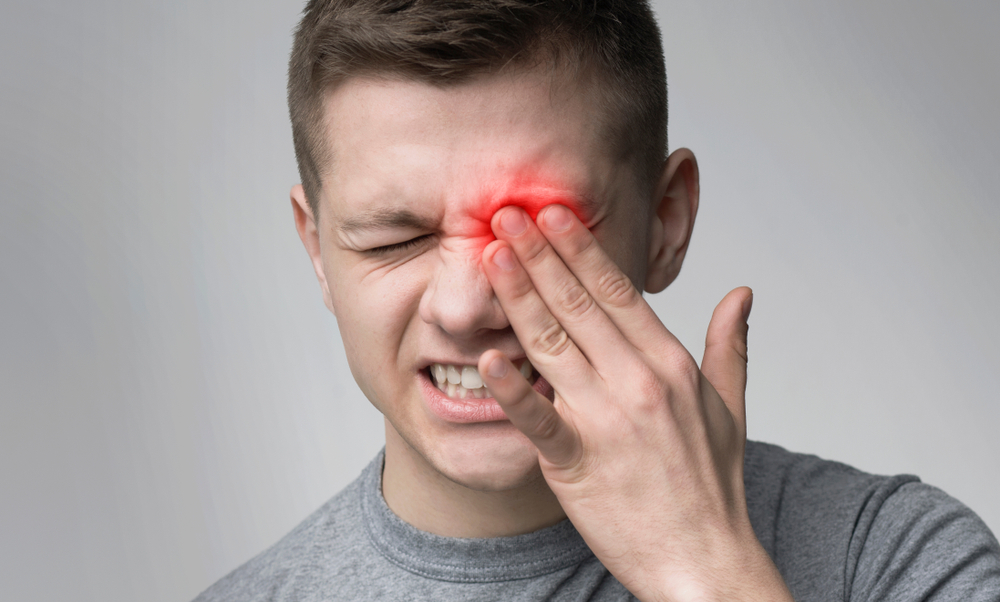
Eye emergencies are situations that pose an immediate threat to one's vision. They can be painful and frightening, but understanding their nature and knowing what to do can increase the chances of preserving vision.
The eye, a small organ with a complex structure, performs the extraordinary function of vision. However, it is also vulnerable to various injuries and diseases, some of which can lead to severe vision loss or even blindness. Hence, eye emergencies should be taken seriously and treated promptly.
It's essential to remember that eye emergencies can happen at any time and to anyone. They can occur due to accidents, sports injuries, sudden illness, or the onset of a serious eye condition. Regardless of the cause, immediate medical attention is vital to prevent permanent vision loss.
Common Eye Emergencies
Several eye emergencies require immediate attention. These include chemical burns, foreign objects in the eye, retinal detachment, acute angle-closure glaucoma, and sudden vision loss.
Chemical burns to the eye can occur when a harmful substance comes into contact with the eye. This emergency situation requires immediate action. The symptoms include severe eye pain, redness, vision changes, and the sensation of a foreign body in the eye.
Similarly, foreign objects in the eye can cause significant discomfort. This can range from a minor annoyance to a serious issue depending on the object's size, nature, and location. Symptoms include eye pain, excessive tearing, inability to keep the eye open, and a visible object in the eye.
Retinal detachment is another serious eye emergency. The retina is the inner layer of the eye that sends visual signals to the brain. When it detaches, it can lead to permanent vision loss. Symptoms include the sudden appearance of floaters, flashes of light, and a curtain-like shadow over your field of vision.
Recognizing Symptoms of Eye Emergencies: What to Watch Out For
Recognizing the symptoms of eye emergencies is the first step in getting the necessary help. Some common symptoms to watch out for include sudden vision loss, double vision, severe eye pain, eye injury, and unusual eye discharge.
Sudden vision loss can be a sign of a serious eye condition such as retinal detachment or a stroke in the eye. If you experience sudden vision loss, seek immediate medical attention.
Double vision, also known as diplopia, can also be a sign of an emergency. It can be caused by several conditions, including stroke, brain tumor, or an aneurysm. If you suddenly start seeing double, get medical help right away.
Taking Immediate Actions for Eye Emergencies
When an eye emergency occurs, it's essential to take immediate action. Before you can get to a doctor, there are steps you can take to mitigate the situation.
In the case of chemical burns, immediately rinse your eye with clean water for at least 15 minutes. If a foreign object is in your eye, avoid rubbing it. Instead, try to blink your eyes rapidly or use a stream of clean water to flush it out. However, if the object doesn't come out, or if it's large or embedded, don't try to remove it yourself. Cover the eye with a clean cloth or an eye shield and get medical help immediately.
Importance of Regular Eye Check-ups in Monitoring Eye Health
Regular eye check-ups are crucial in maintaining good eye health and preventing eye emergencies. They allow for early detection of eye diseases and conditions, which can significantly improve the outcomes of treatment.
Eye check-ups can reveal conditions such as glaucoma, macular degeneration, and diabetic retinopathy. Early detection of these conditions can prevent them from developing into emergencies, preserving your vision.
Check-ups also provide an opportunity to correct any problems with your vision. An outdated prescription can strain your eyes and lead to headaches and other issues. Regular check-ups ensure that your prescription is up to date and that your eyes are in good health.
Preventing Eye Emergencies: Tips and Best Practices
Preventing eye emergencies starts with taking care of your eyes. Here are some tips and best practices to help protect your vision:
Get regular eye exams. As highlighted earlier, regular eye exams are key to detecting eye diseases and conditions early.
Wear protective eyewear. If you're involved in sports or work that could potentially injure your eyes, always wear suitable protective eyewear.
Follow a healthy lifestyle. Eating a balanced diet, maintaining a healthy weight, and exercising regularly can help keep your eyes healthy.
Manage chronic conditions. If you have chronic conditions like diabetes or high blood pressure, manage them properly as they can affect your eye health.
Safeguard Your Vision Today
Eye emergencies are serious and can lead to permanent vision loss if not treated promptly. Recognizing the symptoms and taking immediate action can save your vision. Regular eye exams are crucial in preventing these emergencies by allowing for early detection and treatment of eye diseases and conditions.
For more information on eye emergencies and symptoms to watch out for, visit Blaine Family Eyecare at our office in Blaine, Minnesota. Please call (763) 717-0072 to discuss any questions with our team of experts or to schedule an appointment today.







